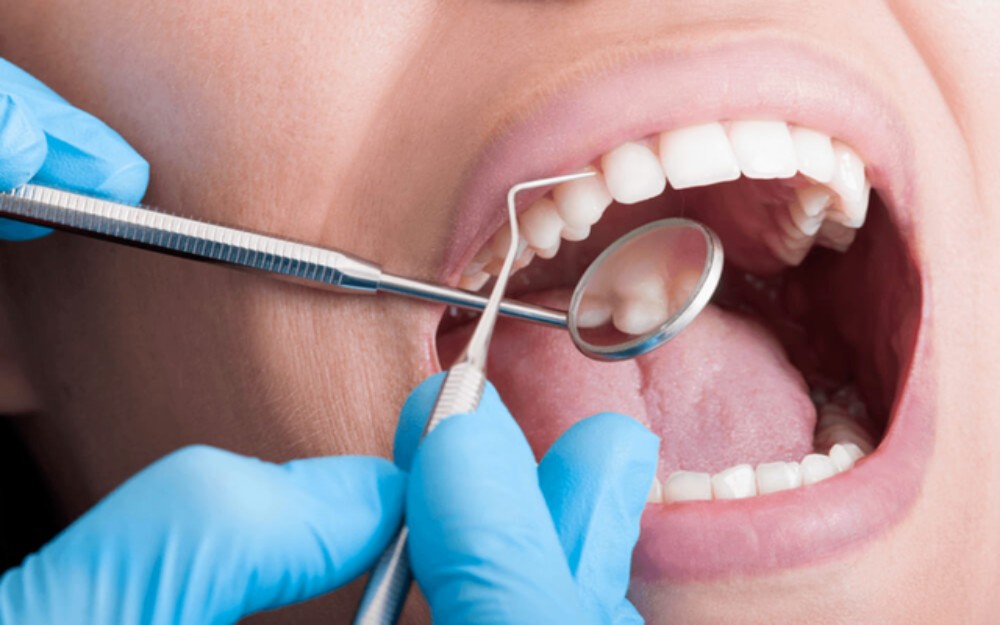Preserving the health of our gums is just as important as maintaining the health of our teeth. Each of these entities works in conjunction to help you speak, laugh, and eat on a daily basis. So, when one of them is damaged or infected, your overall oral health can be impacted.
Gingivitis is one disease in particular that can cause you a lot of pain and influence the state of your teeth if it is left untreated. For more information about gingivitis in Los Angeles, get in touch with our local dental clinic.
What is Gingivitis?
Essentially, gingivitis is another name for the beginning stages of gum disease, also known as periodontal disease. Overall, this usually manifests as a result of poor oral hygiene. When plaque, tartar, and bacteria build-up within your mouth, this can lead to irritation and swelling of your gums.
Gingivitis can manifest in kids, teenagers, and adults alike.
The most common symptoms of gingivitis include the following:
- Mouth soreness.
- Receding gums.
- Your teeth have started to become loose.
- Persistently bad breath.
- Your gums have turned red or started to darken.
- Bleeding gums.
To learn more about gingivitis, speak to a periodontist near you. A periodontist differs from a general dentist in that they focus on treating problems with your gums and placing dental implants. They’ll be able to let you know whether you should seek treatment for this condition, which may include non-surgical and surgical options, and answer any questions you may have.
Treatment for Gingivitis
Acting quickly and efficiently is important regarding treatment for gingivitis. Don’t hesitate to call and schedule an appointment with your dentist. In order to get your oral health back on track, treatment should be started as soon as possible; otherwise, your gingivitis could evolve into periodontitis, which is irreversible damage to the soft tissues of your gums. This demands lifelong attention.
The first thing you can do is to come in for a comprehensive dental cleaning with a dentist or a periodontist in Los Angeles. They’ll examine your mouth and take detailed X-rays of the internal structure of your teeth and gums to understand the extent of care that you need. A scaling tool is employed to remove bacteria from along your gum line. Next, your teeth will be thoroughly cleaned with gritty toothpaste, flossed, and then polished before the fluoride treatment occurs. Fluoride is a very important step in your cleaning because it helps prevent cavities. It can come in the form of a foamy gel that’s administered into plastic trays that fit over your top and bottom row of teeth or as a liquid that you swish around your mouth. Once a minute is up, you can spit it out and voila! You’re all done.
Another extremely easy method you can dutifully practice is brushing and flossing after each meal, especially with a soft-bristled toothbrush. Using antiseptic mouthwash afterward can help as well. Both actions will help keep your mouth free of bacteria that can give rise to gum inflammation and soreness.
Smoking can also seriously harm not just the health of your gums but your entire mouth. Furthermore, it can also lower your body’s recovery time.
Finally, if your gum damage has progressed beyond the early stages of gingivitis, you may want to pay a visit to your dentist to discuss antibiotics or certain dental surgeries to rectify this problem. They’ll walk you through the approaches that are viable for your unique case.
Are you looking to receive treatment for gingivitis near you? At Nima Ebrahimi, we’ve got you covered! Our staff is ready and waiting to help you with all your needs and get your oral health back on the right track. Call, come in, or visit our website to get started now.
